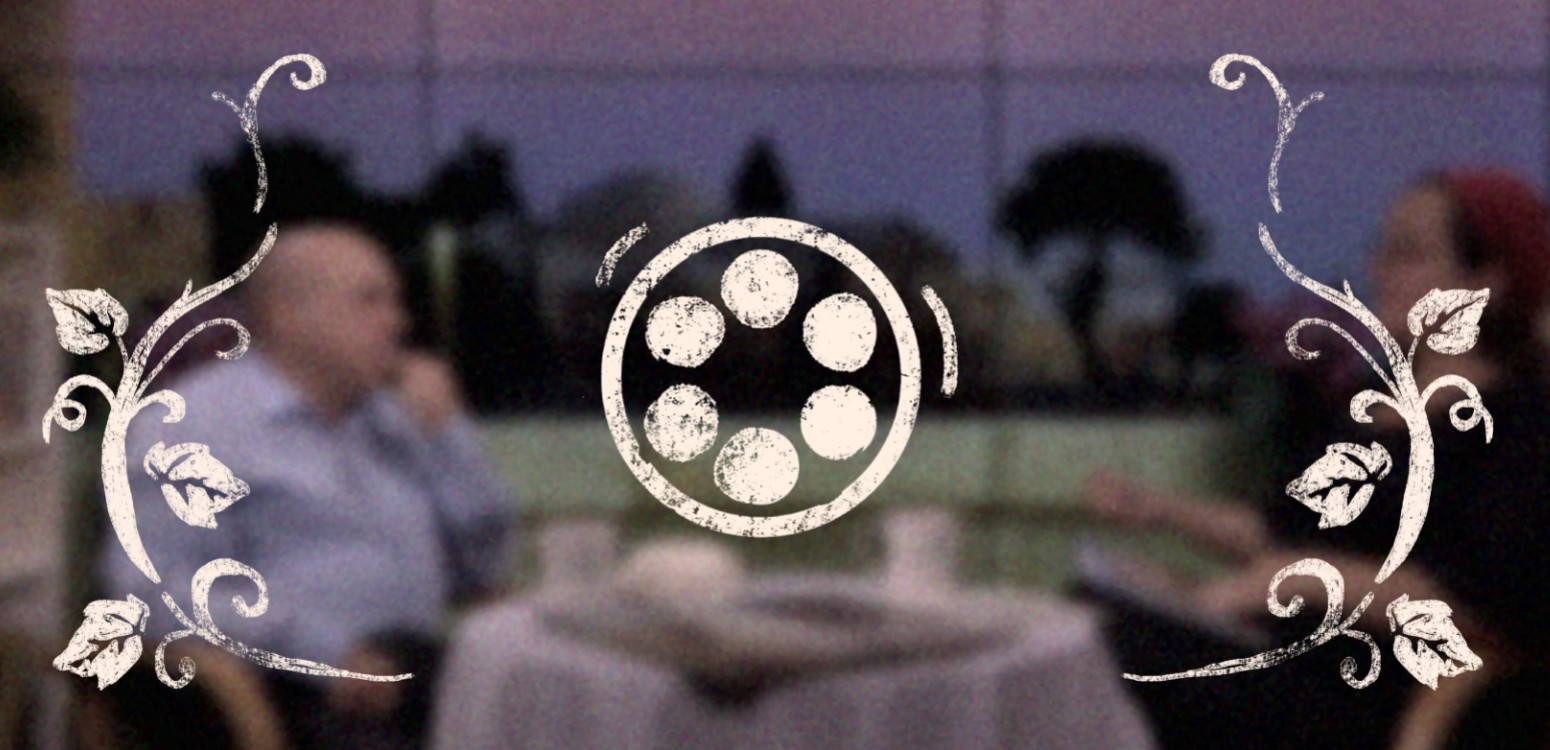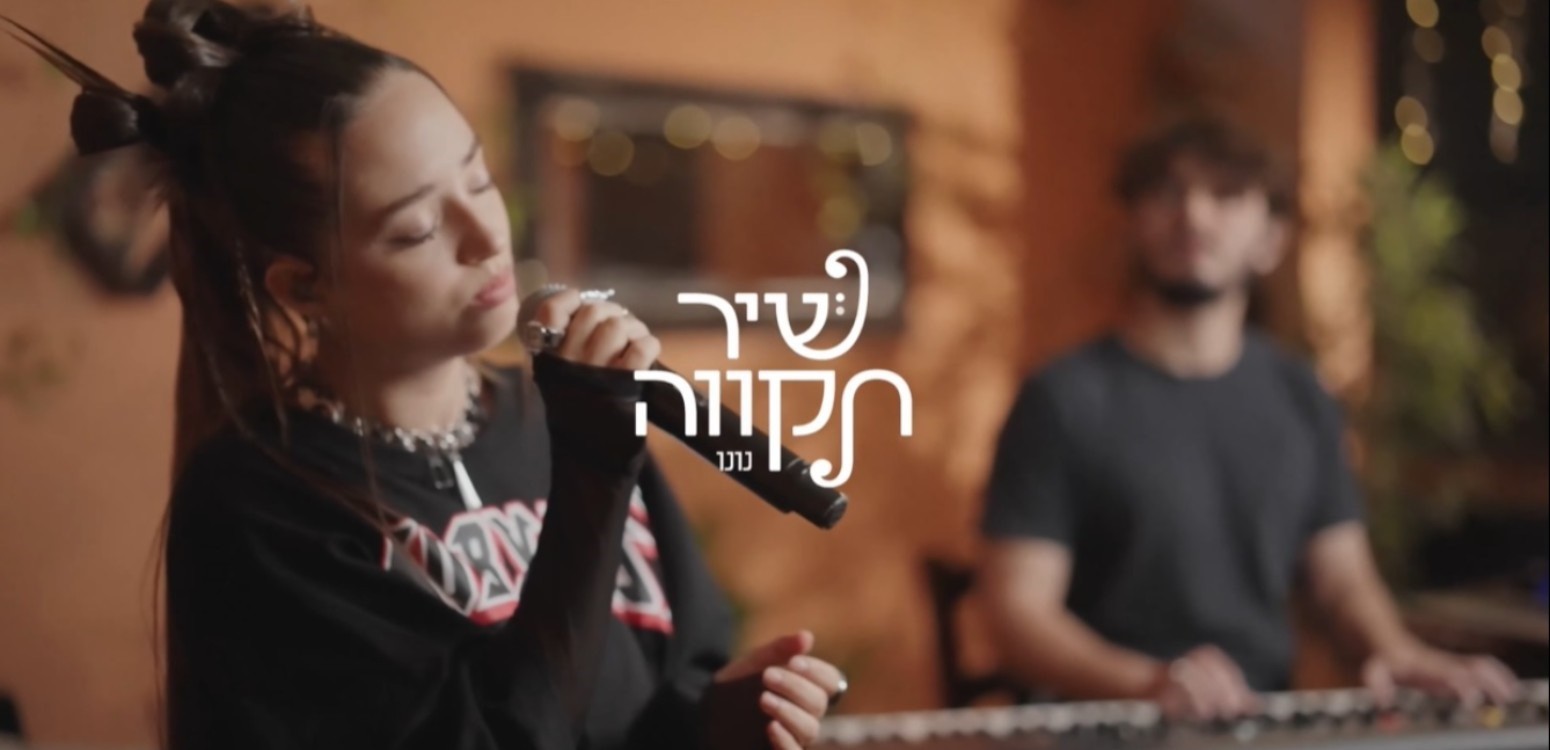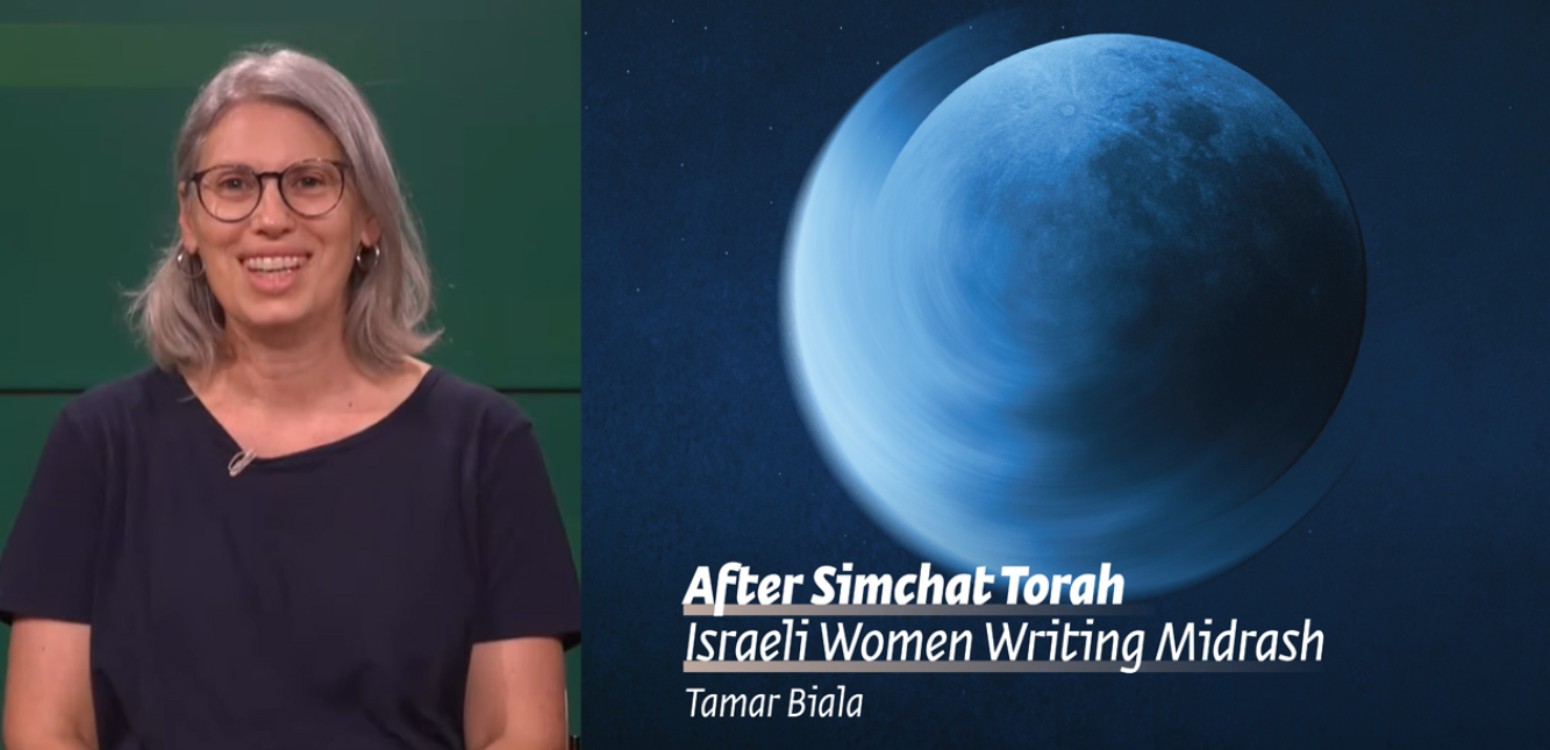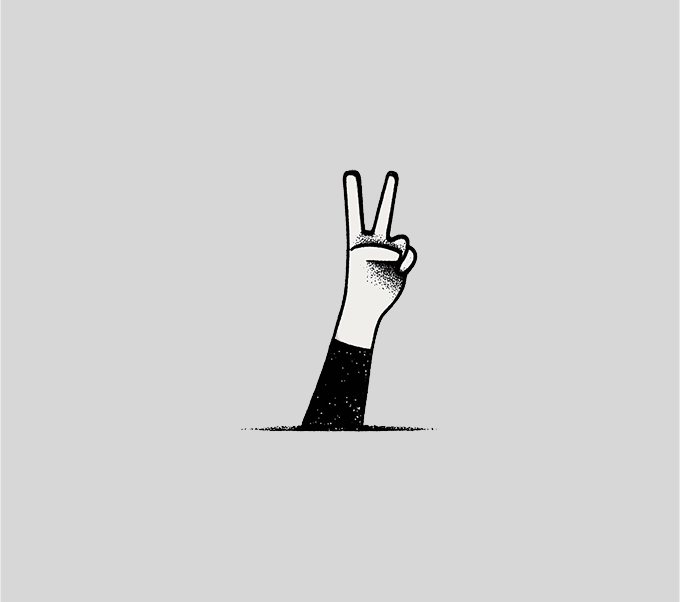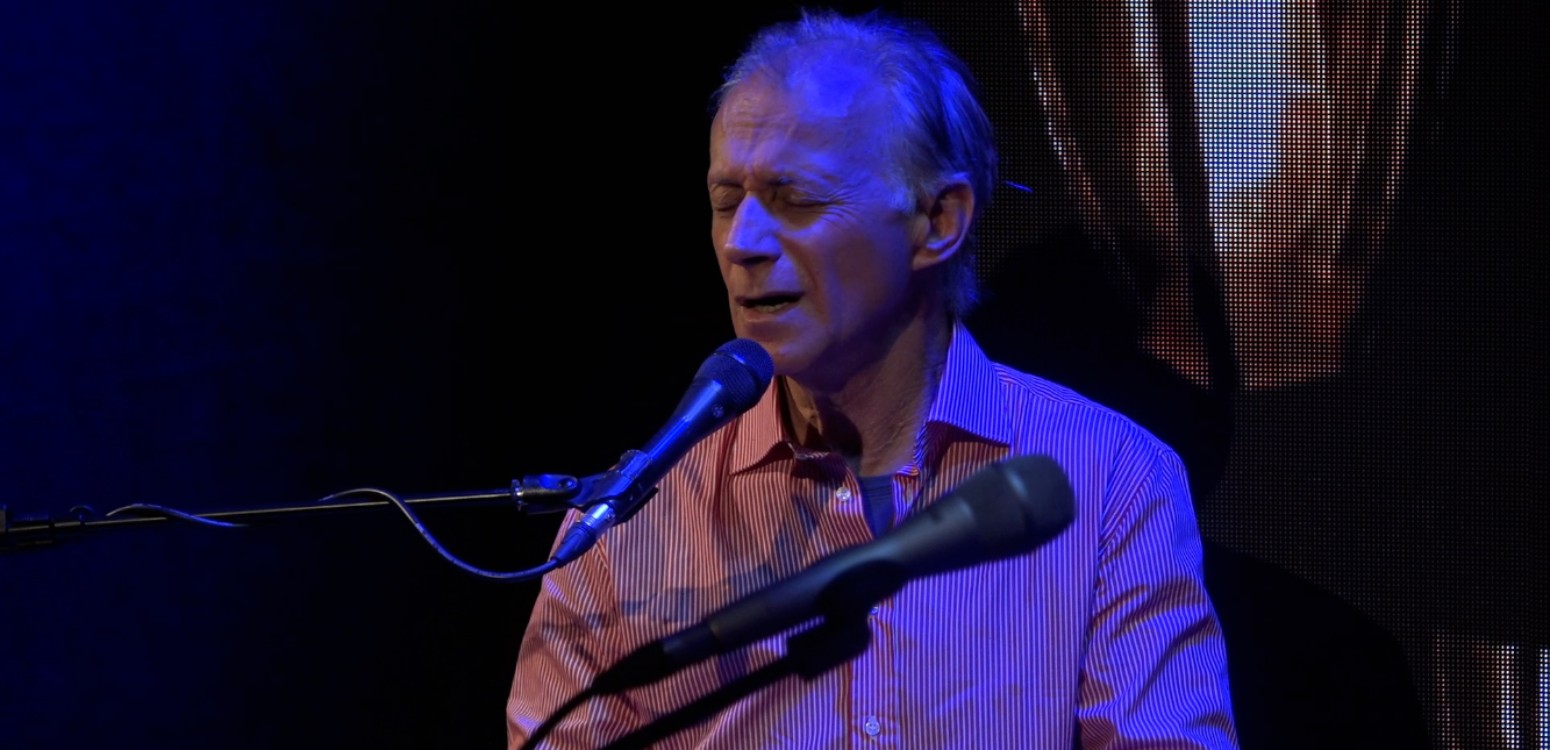
Why does Jewish law emphasize separating meat and milk but permit eating animals? HaRav Kook’s controversial answer challenges everything vegetarians believe about ethics
“You shall not eat anything that has died a natural death; give it to the stranger in your community to eat, or you may sell it to a foreigner. For you are a people consecrated to your God יהוה. You shall not boil a kid in its mother’s milk.” (Deuteronomy 14:21)
This prohibition is repeated twice more in Exodus – Exodus 23:19 and also 34:26.
A deep contradiction between holiness and cruelty
Apparently, this is a prohibition against cruelty. You can cook a kid and you can use milk from an animal, but cooking the kid in the very milk of its mother that was meant to sustain it – this is already excessive cruelty. The cruelty is not toward the kid, who obviously doesn’t know what it’s being cooked in, but there’s a symbolic matter here. Something is flawed in the soul of a person whose heart doesn’t turn sour at this extreme situation. The words: “For you are a people consecrated to your God יהוה” were attached to this prohibition, because there’s a deep contradiction between holiness and cruelty.
The kid is of course just an example of any tender young animal. The question that faced our Sages was how far to expand the meaning of this prohibition. Should we say it’s forbidden altogether to cook young animals in milk? And what about eating meat with milk when they weren’t cooked together? And how do we respond in the case of fowl? Their final decision was to create a complete separation between meat and milk.
A general moral deficiency
From these matters arises a serious question – why were the Sages so preoccupied with preventing the combination of meat and milk, and not with the truly cruel act – the very slaughter of the animal and the eating of it, and the very milking of the animal for human needs? Rabbi Abraham Isaac HaCohen Kook (1865-1935) addressed this question at length. According to his view, indeed the ideal is that people shouldn’t eat meat, but this should be seen as a kind of future dream.
HaRav Kook, as he was known, perceived the current situation where eating meat is permitted as flawed. He wrote that eating meat as a general moral deficiency. But if this is the case, why doesn’t the Torah completely forbid eating meat? Why does it even mandate animal sacrifice? HaRav Kook argued that focusing on vegetarianism while humanity remains mired in violence is misguided prioritization. He contended that worrying about animal welfare while people wage wars, harbor ethnic hatred, and spill rivers of human blood borders on moral absurdity. When humans – created in God’s image – are killing each other through conflict and neglect, excessive concern for animal rights becomes almost immoral. First heal human relationships, he suggested, then worry about the kid.
The danger of moral displacement
HaRav Kook warned of another danger: moral displacement. He argued that cruel people often seek ways to feel virtuous without changing their behavior. Vegetarianism, he suggested, could become a convenient conscience-cleaner – allowing someone to mistreat humans while feeling righteous about saving animals. He insisted that human relationships occupy a fundamentally higher moral category than animal welfare. Excessive focus on animal rights might actually dull our sensitivity to human suffering, creating a dangerous inversion of moral priorities. Better to eat meat while working on human compassion than to save animals while neglecting our fellow humans.
These questions don’t have easy answers, and perhaps that’s the point. Whether you’re drawn to vegetarianism for ethical reasons or you see meat-eating as morally acceptable, HaRav Kook’s framework challenges us to examine our motivations honestly. Are we addressing the most urgent moral issues first? Are we using one virtue to avoid confronting harder truths about ourselves? The ancient prohibition against cooking a kid in its mother’s milk started as a lesson about cruelty – it remains one today, though perhaps not in the way we expected.
Lior Tal Sadeh is an educator, writer, and author of “What Is Above, What Is Below” (Carmel, 2022). He hosts the daily “Source of Inspiration” podcast, produced by Beit Avi Chai.
For more insights into Parashat Re’eh, listen to “Source of Inspiration”>>
Translation of most Hebrew texts sourced from Sefaria.org
Main Photo:Created using AI
Also at Beit Avi Chai



